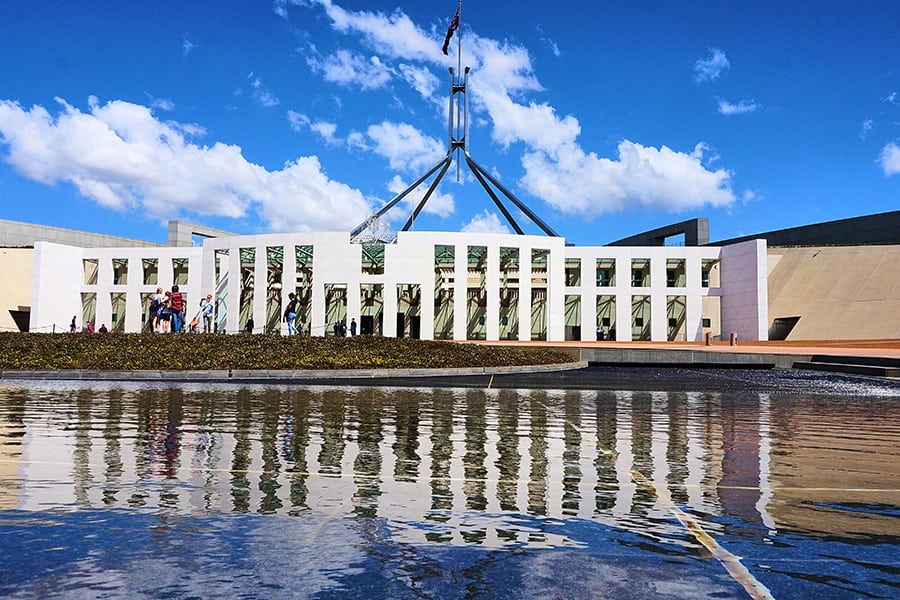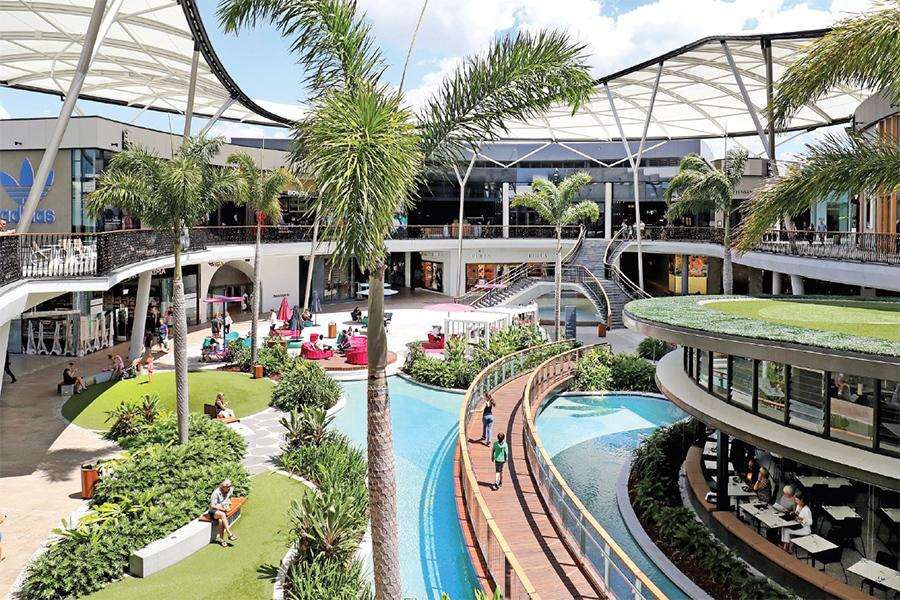At SCN, we’ve had a period of ‘community’ since our last issue. We spent time with SCA Property Group – this month’s Cover Story. Both Anthony Mellowes (CEO) and Sid Sharma (COO) talked about the importance of the local community when managing, marketing and leasing its centres. The Corporate Profile on CBRE’s retail division and its acquisition of Race Property has a similar ‘local community’ focus.
Being reminded of the importance of the community in the management of our centres, I couldn’t help thinking about the pathetic state of our parliament and the absolute disregard for community displayed by our politicians. I thought how things might be if we, in our industry, conducted ourselves in the same manner.
It’s not a bad analogy, in fact, because most of our centres are owned by mum and dad investors through pension funds or self-managed super funds. Our industry performs well; it’s actually one of the best property investments of the 20th and now 21st century. It’s very difficult to find a property investment (or any other investment for that matter) that has continually provided a ROI at least one point better than inflation for a period in excess of 50 years. The Australian regional shopping centre has done exactly that and has done so, by continually engaging with the community and putting it at the forefront of any decision-making process.
If we regard the shopping centre as an integral part of community infrastructure, then in our industry, the links between ‘community’ and ‘commercial reality’ are not very difficult to enunciate. Shopping, whether for basic food items, clothing, other needs as well as ‘wants’, is a fundamental human pursuit in our society. Our shopping centres perform extremely well as a result of our consideration of community expectations; we develop our centres, manage, lease and market them in response to community demands.
We regard our centres as ‘community focal points’; they are the modern town squares, the village greens of old and we encourage community activities in our spaces. The better we are at defining and subsequently providing for, the needs and wants of our communities, the more commercially successful are our centres. In turn, the more successful they are, the greater the contribution they make to the pension funds of the community at large and therefore the wellbeing of our elderly.
Back to our analogy about Australia’s parliament, imagine that instead of managing our centres along the lines outlined above, we forgot about the community and devoted our efforts to power struggles for a new CEO. Imagine a Scentre Group for example, a Lendlease, an AMPSC, a Stockland, a Vicinity, or any other major player in our industry, where the centre manager spent most of his or her time on the phone forging alliances to get rid of one CEO in favour of another. Imagine a situation in which the Leasing Director formed a team of his leasing people and aligned it with the marketing division in order to unseat the CEO and take over the position himself (or herself).
Imagine the executive, totally abandoning the day-to-day running of the centre, totally disregarding the operations, the maintenance, the cleaning, the rent collecting, leasing, tenant liaison, car park maintenance and all the other functions of shopping centre management in the broadest sense, in order to spend all the time in power struggles for management positions.
If that happened, in a very short time our debt levels would rise, rubbish in the public spaces would accumulate, tenants experiencing falling turnovers would start trading beyond the leaseline, others would try to reduce costs by opening later and closing earlier. In the short to medium term, the MAT would plummet, the vacancy factor would increase significantly, the risk factor would increase, the capitalisation rate would fall and the value would decline. In summation, the dividends to the mum and dad investors would decline and the amount put aside for pensions would fall.
It might sound ridiculous, but that is exactly what our politicians have been doing for almost a decade, and never more so than in the past few months. Instead of a centre, they manage the country. Instead of the local community, they manage on behalf of the Australian public. Their measure of success, just like ours, is how well they respond to the public’s needs and wants. The fact is that the general public doesn’t want very much; their demands are not very taxing. The general public want a good education system, enough food, a responsive public health system, good housing and the availability of work. In a country like Australia, it’s not such a hard ask.
You might wonder why an editorial in a publication about shopping centres is addressing this issue. It’s a fine question. Normally, we wouldn’t dream of it; we’re not political and we don’t seek to change, alter or even influence political structures.
However, in this great country of ours, politically, things have gone too far. It’s got to such a stage that self-interest, animosity, greed, ambition, vengeance and hatred among one section of our political hierarchy and weakness, fear and lack of conviction in the other, has resulted in our country being ignored by those who should be governing it.
Just like in the scenario described above for our centres, there is a detrimental effect; only in this situation, it’s experienced by the nation as a whole. Business confidence plummets; division is created among the community; the stakes get higher, the race card is played, the religion card too and gradually, a previously homogenised group is split into rival factions. Social structures such as ours need preserving, nurturing, protecting; there is a fine line between order and chaos. It would seem that point is lost on our political governors at the moment.
It’s time for everyone to take a stand. In a small way, that’s what we are doing. Enough is enough. Politicians get the message; we’ve had enough.





















